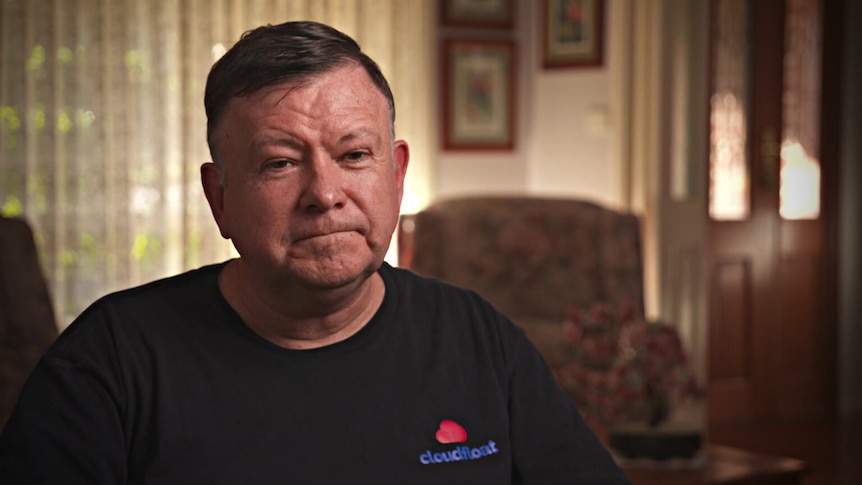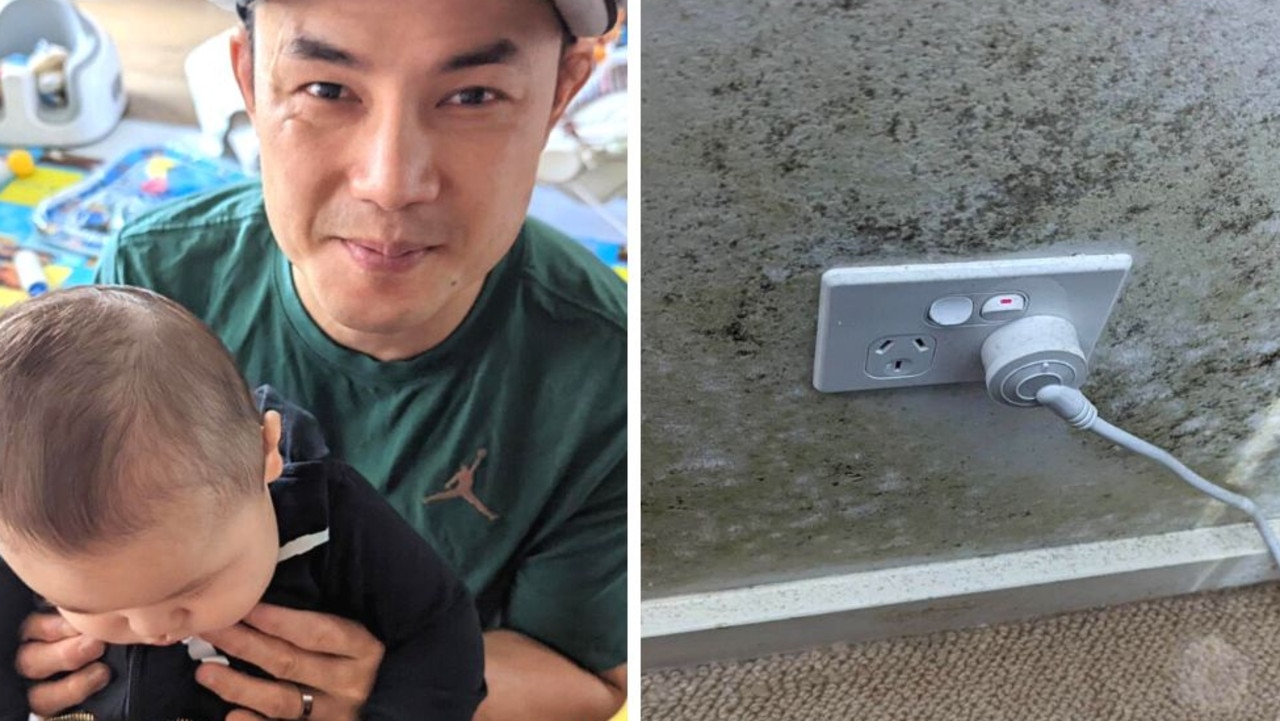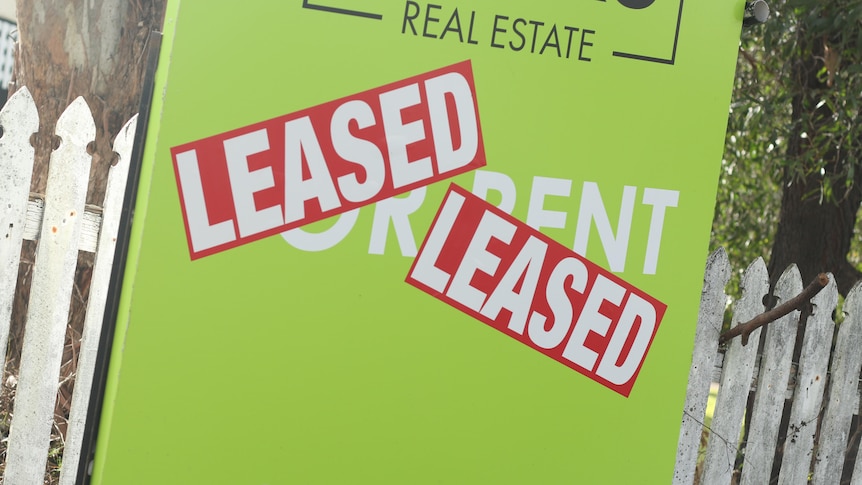Andrew Duggan owns seven homes, but he wants people to know he’s not a bad bloke.
He’s been flipping properties in Queensland from a home office in Sydney for 25 years and seems acutely familiar with the public perception of landlords.
“Landlords are very unpopular people,” Mr Duggan said.
“There’s the perception of the evil landlord, the cinematic slum lord idea.
“And there’s a perception that landlords are sitting on piles of cash and sitting around on our yachts.
“The reality is whilst we have the titles to these properties, they’re very much mortgaged.”
He insisted he was not doing an interview to “cry poor”, but despondently declared “the good times for landlords are over”.
A long-time advocate of buying up real estate, he’s considering selling up and getting out of the property game.
Mr Duggan said the decline of his lucrative portfolio began five years ago when he was locked into an excessive interest rate with a major bank.
But he is also critical of tenancy laws and state-based land taxes.
After years of advocacy from housing organisations, the Victorian, Tasmanian and ACT governments have recently banned landlords from evicting tenants without grounds.
Queensland, where most of Mr Duggan’s properties are located, also banned the practice, except at the end of a fixed-term rental agreement.
“As far as I can see, landlords have next to no rights and tenants have all the rights. It’s kind of swung a long way in that direction and it’s probably swung too far,” he said.
Mr Duggan said the “default” position of civil courts adjudicating disputes between property owners and their renters was that “the property owner will always lose”.
He said he had increased the rent in at least one of his properties over the last year due to the increase in Queensland’s land tax.
“I’m not a charity, that’s for certain. I think we’re very fair with our tenants. We don’t want to profit from our tenants, but we do want to create an equilibrium between our incomings and outgoings so we’ re not going backwards,” he said.
This couple rent their apartment out for 10 per cent less than it’s worth
When Thomas Shafee and Katrina Alcorn bought their own apartment and left the rental market five years ago, the Melbourne-based couple were overwhelmed with relief.
“As tenants [before owning a home] we have been in some situations with great landlords and we’ve been in some situations with terrible landlords,” Mr Shafee said.
“We’ve had uncertain housing in our lives too,” Ms Alcorn added.
With the pair now considering starting a family, they considered their one-bedroom Heidelberg Heights flat too small and have decided to upsize, but said they felt “icky” trying to cash in on the tightening real estate market.
Instead, they’ve offered the property up as an affordable rental and listed it for 10 per cent below what they had been quoted by other agents.
“When there is so much pressure with the prices going up and the supply going down it’s really easy for people to be forced into situations where they are taken advantage of, so it’s nice to be able to do something that avoids some of those ethical pitfalls ,” MrShafee said.
“We didn’t want to do what other people had done to us,” Ms Alcorn said.
“That’s one of the reasons we feel really strongly about this.”
Mr Shafee said he and his partner intended to be “ethical” landlords and employ a hands-off approach to their incoming tenant.
“This is not some investment item that we’re talking about, it’s something that someone is going to live in, so it makes a big difference how [the property] is going to be run,” he said.
Mr Shafee and Ms Alcorn are renting the property through HomeGround Real Estate, an agency that offers affordable rentals and donates the profits it makes from management fees to Launch, a community housing organization.
Problem ‘just going to get worse’
Renters’ advocate and chief executive of the NSW Housing Trust Michele Adair said state laws were still skewed in favor of landlords because property in Australia was seen as a means of wealth creation rather than shelter.
“There are lots of really good private landlords [that] provide affordable rental housing, but the problem that we have is that renters just haven’t been valued,” Ms Adair said.
“One in three people rent a home today and probably nine out of ten rents at some stage, yet we have had decades of government policy which just really disregards the rights of tenants and their safety and security.
“We continue to have this myth and fallacy pushed by private interest groups who, as we have seen, just continue to push the wealth creation and profit motive.”
Ms Adair said the so-called “motive” had led to the current rental crisis.
“There is no end in sight and without urgent action by all levels of government. The problem is just going to get worse for the foreseeable future and I’m afraid that means years and not months.”
Watch this story on 7.30 on ABC TV and ABC iview.
.



